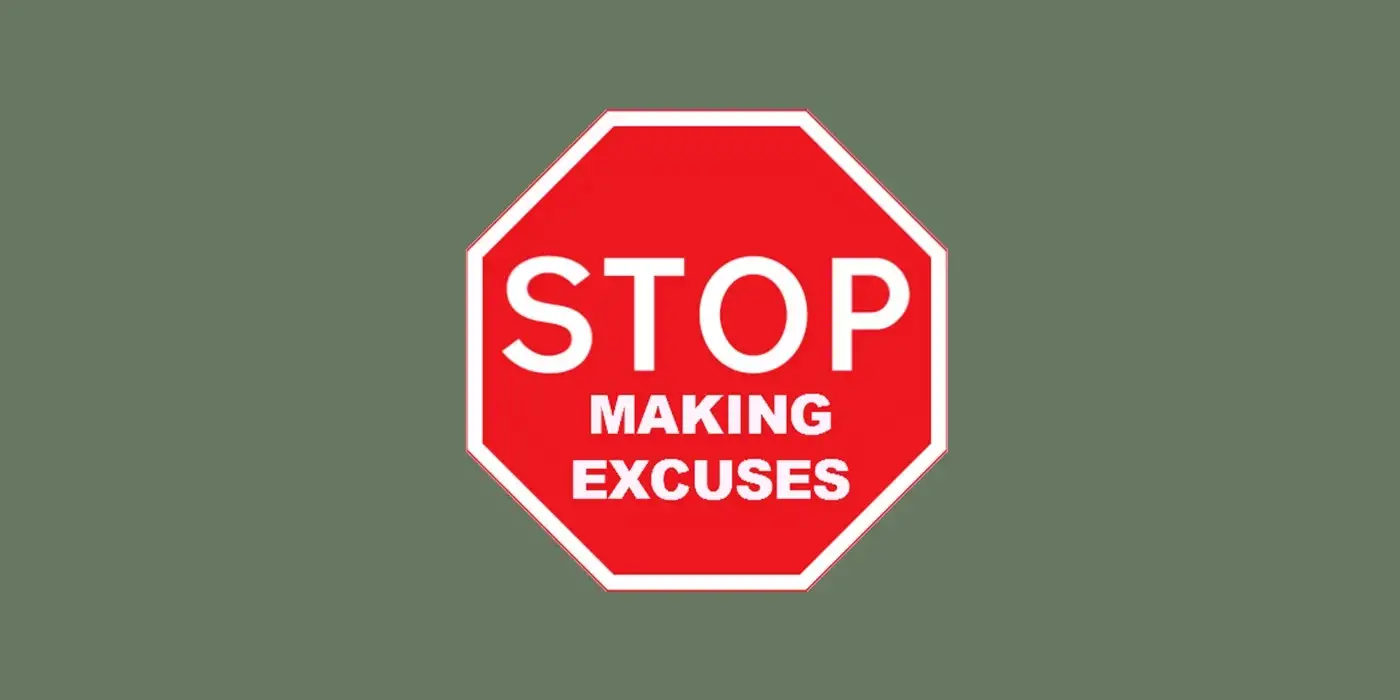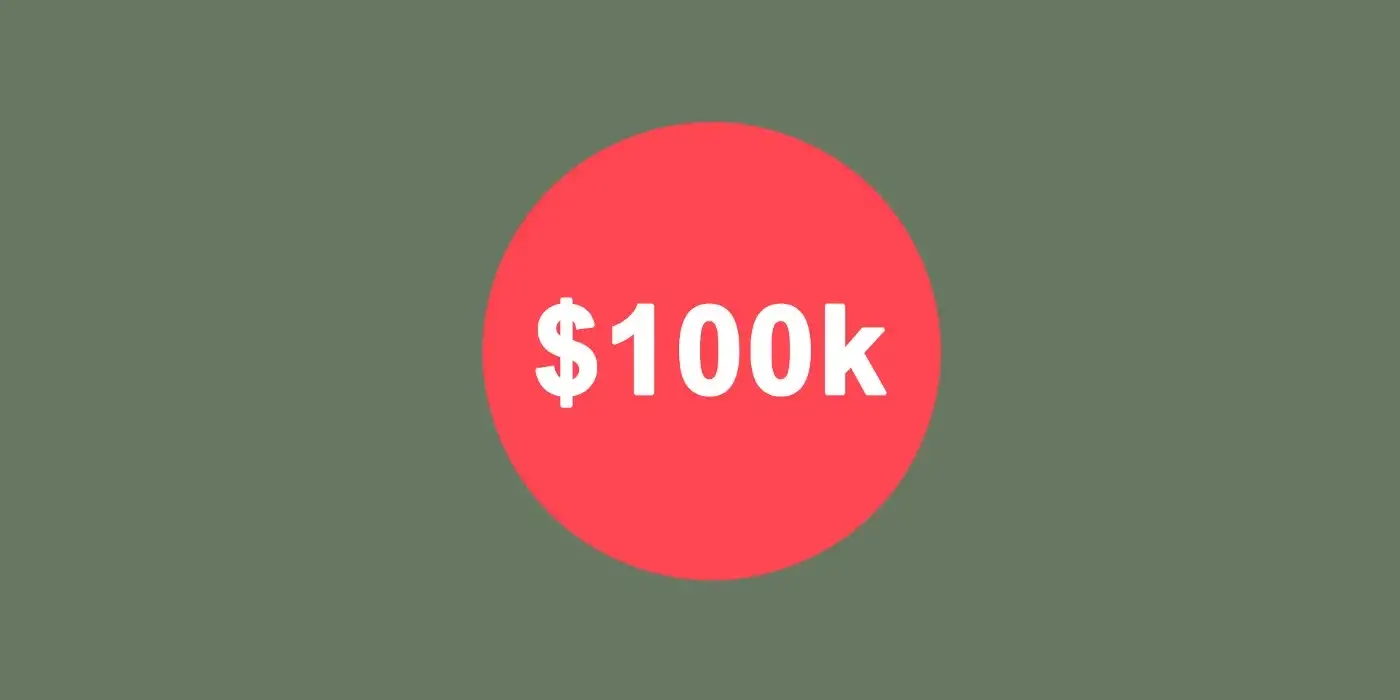
Many people go into freelancing with great expectations. They envision themselves sitting on a tropical beach, laptop and all, with an exotic cocktail in one hand and a coconut in the other, while an endless stream of money flows relentlessly into their bank account. Half of their laptop screen is devoted to the job, and the other half to an itinerary for their upcoming trip to Machu Picchu.
This postcard existence is, indeed, attainable. But there’s a catch. A couple of catches, actually. Here are some of the main reasons freelancers fail to achieve their goals.
Discipline, or lack thereof
The danger inherent in freedom is that there is no structure in place to stop you from making mistakes.
This doesn’t make freedom any less desirable. Freedom allows you to excel in any direction you please. It also has the potential to unravel your weaknesses, but this isn’t necessarily a bad thing if we’re aware of the dangers and willing to improve.
Work habits, in particular, tend to deteriorate rather quickly when you adopt the freelance lifestyle — unless you’ve made a strong habit of waking early, starting work at a certain time, and resting in a smart way. Having a flexible schedule is desirable, but having no schedule at all is chaos, and it may well make you resent yourself for not having the mental fortitude to put your life in order.
I’ve had my forays into chaos in the first couple of years of my freelance career — late nights, late mornings, lazy afternoons, and weeks when I could barely get more than 20 hours of work done. It doesn’t leave you any happier, richer, or more productive.
This problem is further exacerbated if you’re prone to lifestyle inflation, a phenomenon whereby your expenses forever track your earnings, and you are constantly teetering on the edge of bankruptcy regardless of how much you make. This is bad enough if you’re working an office job and you know when your next salary is coming. As a freelancer, if you don’t keep a financial buffer, one bad month can spell your ruin.
The solution? Practice discipline — financial, professional, and personal. I am reminded of a simple but all-encompassing quote from Jocko Willink: ‘Discipline is freedom.’
False promises
Have you ever seen an online guide, tutorial, tweet, or blog post telling you how it took the author two months to go from broke to lounging on the beach? Yeah, me too. What a lot of those creators fail to tell you is: success rarely comes easy. Presumably, they don’t tell you this because you would be less likely to buy their super-duper all-in-one product that’s gonna make you a millionaire in one year.
The actual effect of these false promises on your life is detrimental: expecting too much too soon is likely to make you quit when the going gets tough. It’s as if you started playing basketball today and somebody convinced you that you would be dunking behind your back before you know it. After you try for a month and can barely reach the backboard, it’s only understandable that you become frustrated and quit.
Beware of false promises and unrealistic expectations. There’s a lot of grind involved in building a freelance career. Success is attainable, but you better be prepared to work for it.
Fear
Starting a freelance career can feel like taking a leap into the unknown. The fear associated with such an adventure is understandable and, sometimes, all-consuming.
If you currently have an office job, this fear is emphasized by your addiction to job security — or, as many found out during the 2020 pandemic, the illusion of job security.
To overcome fear, imagine a future where you didn’t take the leap and see how you like it. Imagine the regret and self-loathing inherent in looking back on your life and realizing you never followed your dreams or took a chance.
I’ve 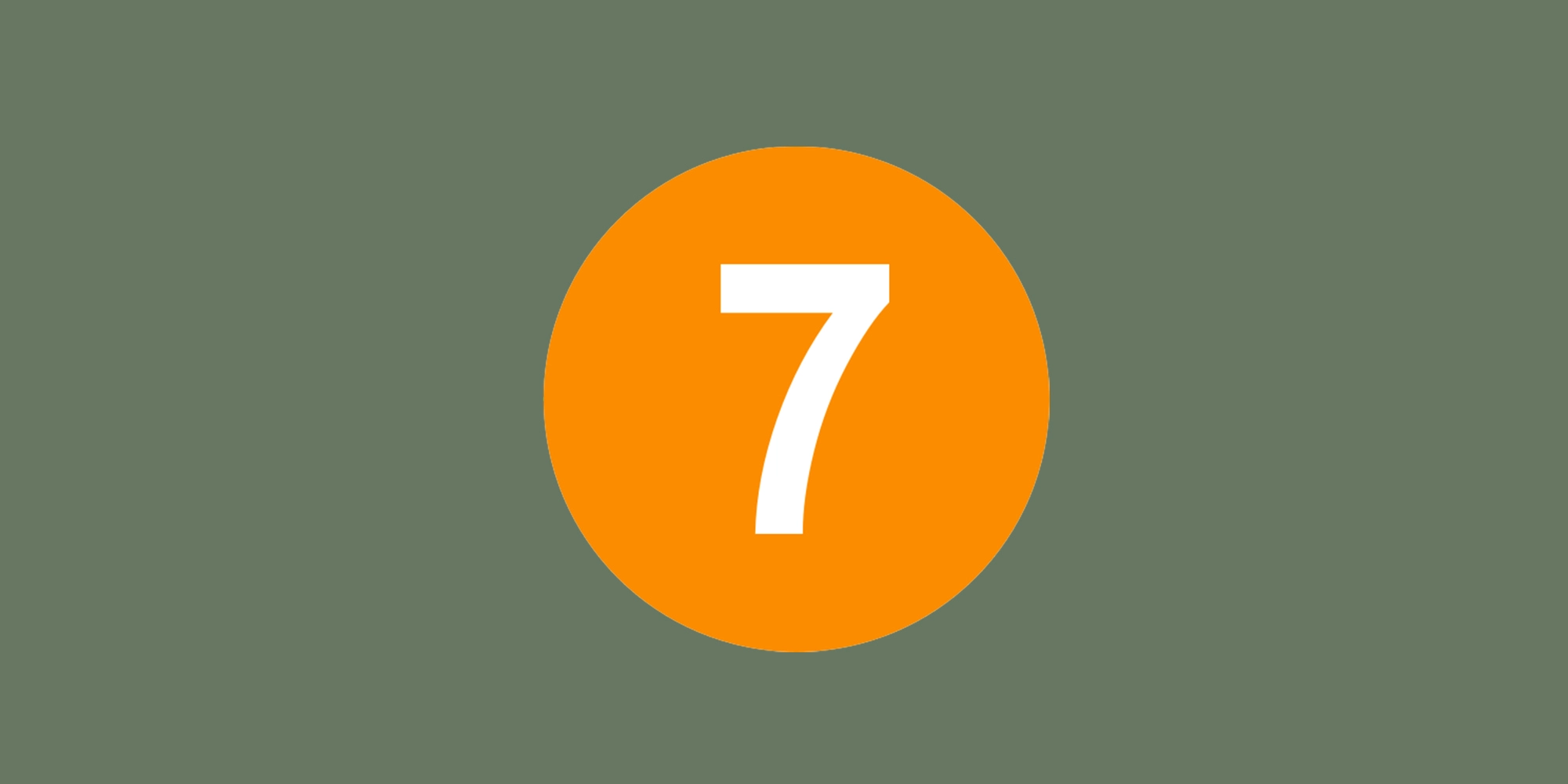 Seven Pieces of Freelancing Advice I Wish Someone Gave Me When I Was Starting Outmentored and advised quite a few up-and-coming freelancers over the years. For some, it took years to get past the fear of this unknown world where everything depends on you and your skills.
Seven Pieces of Freelancing Advice I Wish Someone Gave Me When I Was Starting Outmentored and advised quite a few up-and-coming freelancers over the years. For some, it took years to get past the fear of this unknown world where everything depends on you and your skills.
Lack of support
You can do few things in life without support — of your family, at the very least. Many families still frown upon non-traditional career paths. Parents consider them risky or not serious enough for the brilliant human being that is their child. Spouses prefer a secure paycheck that will take care of the bills and put the kids through school to your adventurous online business thingy that they don’t understand.
It is not surprising that people who don’t understand something don’t support it. They have your best interest at heart, and it is up to you to explain to them that your best interests involve:
- Being your own boss.
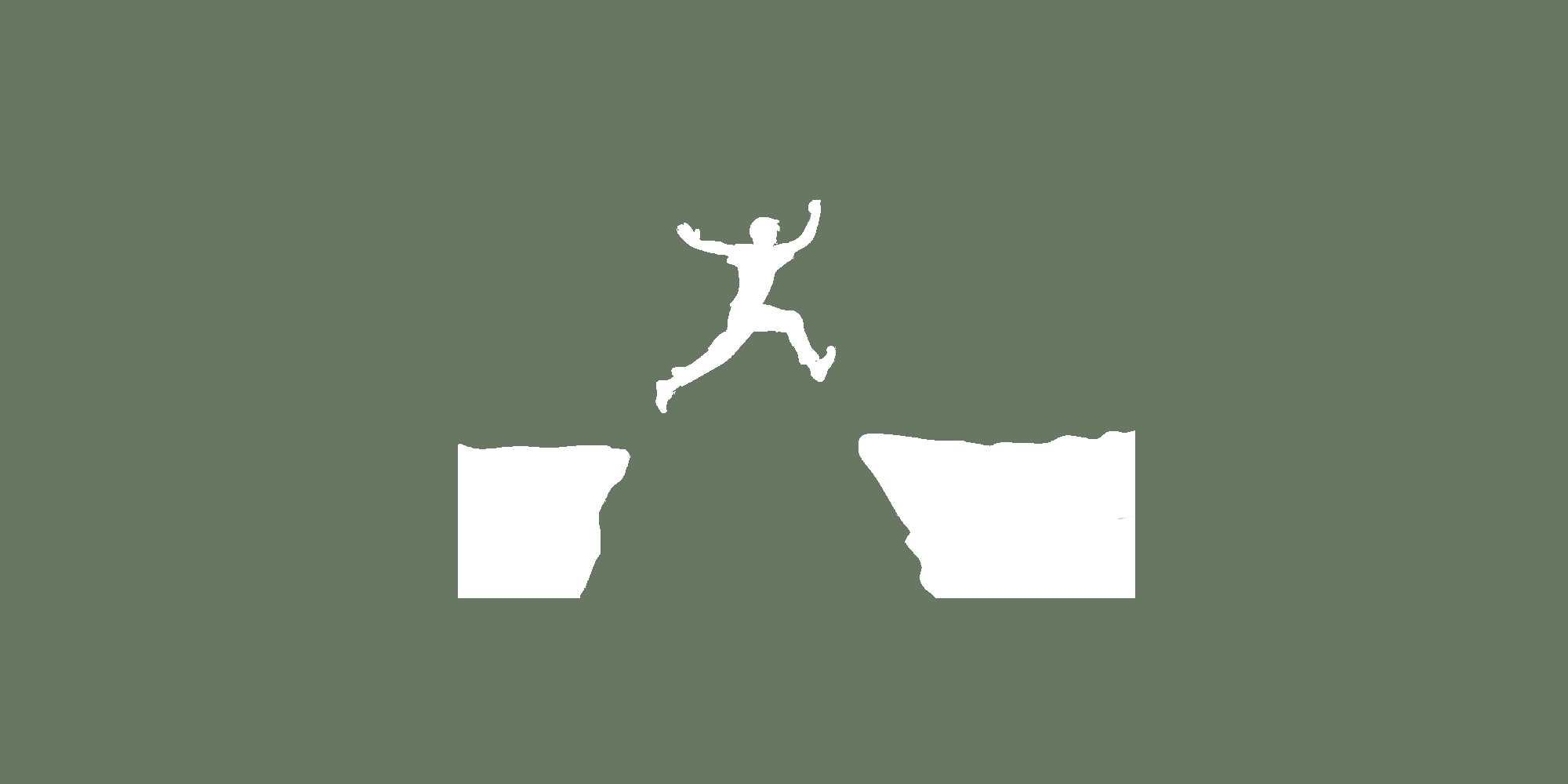 Should You Quit Your Job and Become a Freelancer?Escaping the 9-to-5 grind.
Should You Quit Your Job and Become a Freelancer?Escaping the 9-to-5 grind.- Making more money in the long term.
If that doesn’t swing their opinion, try illustrating how you will have more time for them going forward and how you will never again be unreachable because you’re in your boss’s office being lectured about synergy.
One person that sought my advice about beginning to freelance couldn’t bring himself to tell his parents about his new career. For months, they thought he was going to his old office job when he was actually in a co-working space, freelancing. Eventually, he told them, but only when he could show them how much money he had made in the preceding months.
Just not tough enough
Sometimes, you have everything going for you externally, but you just don’t have what it takes. Freelancing can be tough. There can be periods when it’s hard to find work. There can be difficult clients. The burden of full responsibility for your life can make you feel like Atlas carrying the world on his shoulders.
Of course, you can toughen up if you really want to. Mental toughness can be practiced and developed the same way physical toughness can. Diminish the financial risks by keeping a buffer and investing your money. Communicate better and be more assertive to keep difficult clients from complicating your life.
Most importantly, find joy in taking responsibility because personal responsibility is the only true path to freedom. Everything else that presents itself as freedom is only lent to you and can be taken away just as easily.
Conclusion
A good freelancer can build a better life for themselves and their family, but whoever tells you that it’s an easy transition is lying to you. It involves hard work, resilience, and determination.
For many, freelancing isn’t the end goal. An accomplished freelancer can use their flexibility and freedom to  How I Built, Promoted, and Sold a Product with No Investments and No Marketing Budgetstart their own company,
How I Built, Promoted, and Sold a Product with No Investments and No Marketing Budgetstart their own company,  Six Ways to Monetize Your Upwork Profilediversify their earnings, or
Six Ways to Monetize Your Upwork Profilediversify their earnings, or 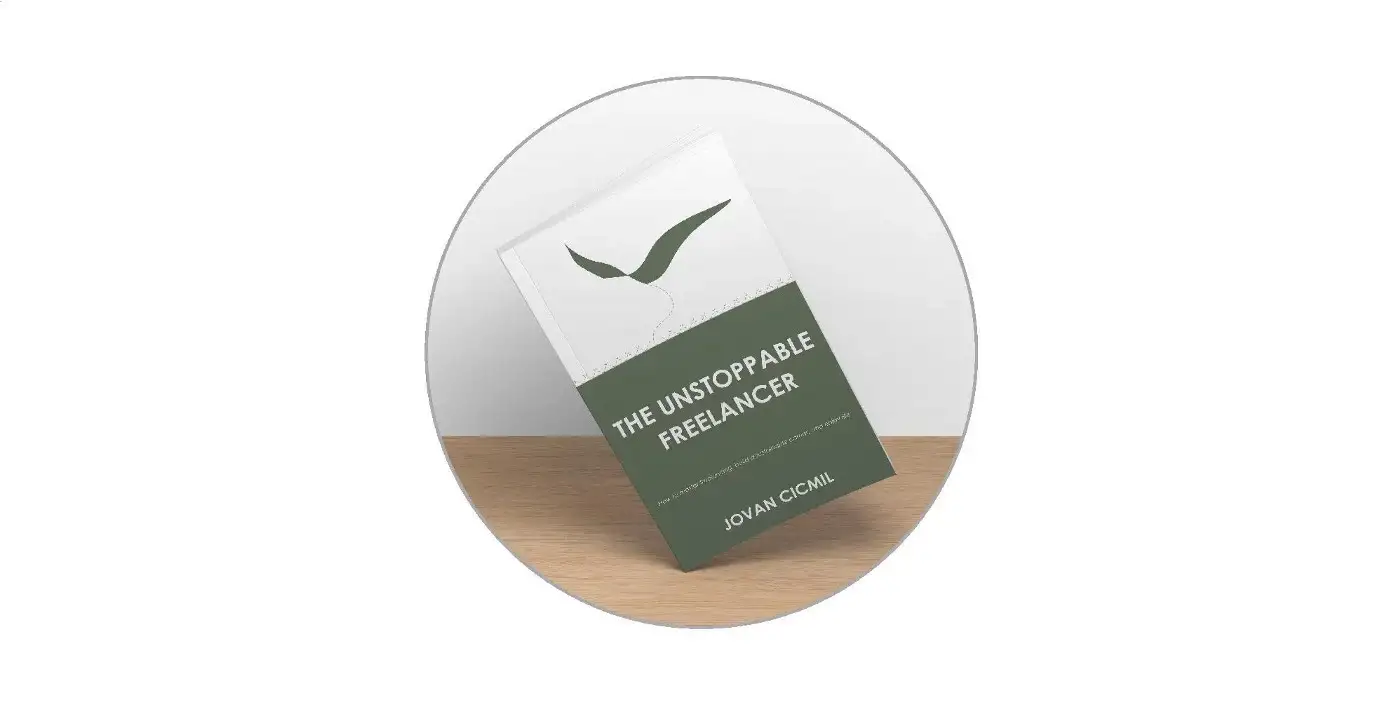 Insights From Publishing My First Bookwrite a book.
Insights From Publishing My First Bookwrite a book.
Whatever your vision is, it’s achievable — but only if you set your priorities straight and start moving in the right direction. Almost  Can Anyone Be a Freelancer?anyone can become a freelancer, but it can take varying degrees of effort for everything to fall into place.
Can Anyone Be a Freelancer?anyone can become a freelancer, but it can take varying degrees of effort for everything to fall into place.
Don't miss the next blog post!
I publish a new blog post every Wednesday. Join the newsletter to get:
- One valuable email a week.
- Zero spam.
- Exclusive content not found in the blog.
- Reply directly to me with questions or feedback.
Use the form at the bottom of this pageon the right to join the newsletter.
